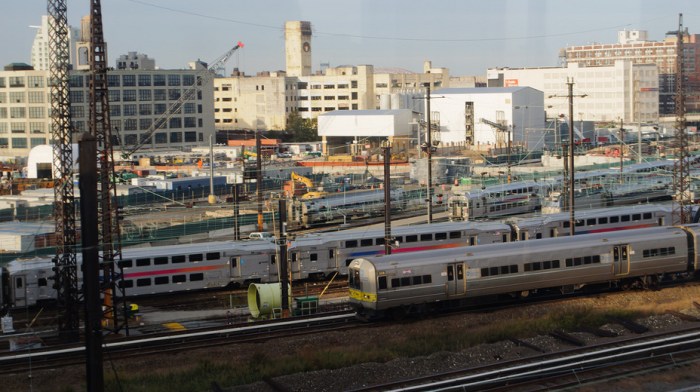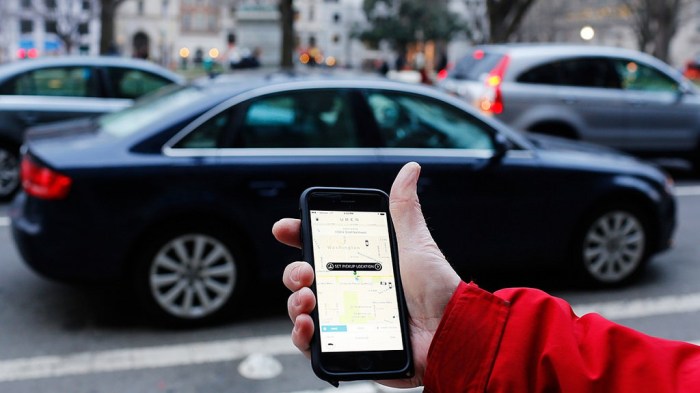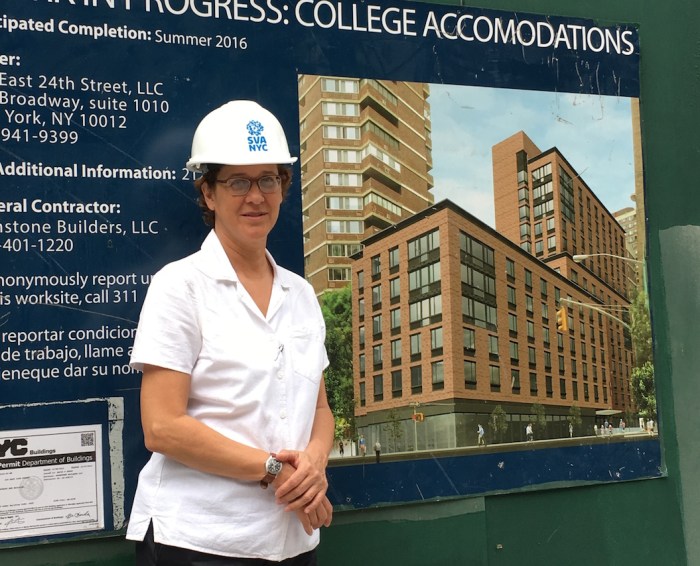From Hurricane Matthew to a bombing in Manhattan’s Chelsea neighborhood, 2016 was an exceptionally challenging year for the American Red Cross.
“We’ve had a real spike in major disasters around the country,” Josh Lockwood, CEO of the American Red Cross Greater New York Region, told Metro. “This was a year that really stretched us.” Not only did the organization respond to more than 2,000 disasters in the New York region, but they deployed teams from the Greater New York Region chapter to 50 percent more disasters in other states, such as the Pulse nightclub shooting in Orlando, where they provided specialized support including mental health professionals for those grappling with the crisis. And the flooding in Louisiana and South Carolina this summer was one of the biggest and most expensive efforts they’ve ever made in the US — volunteers came from all 50 states. Sometimes the situation is so extreme that the local teams can’t sustain the prolonged aid required and the Red Cross has to call in their best from other areas of the country.
One among the best is Deborah Hayden, a mother of four from Long Island, a nurse, and a Red Cross volunteer who has been to more than 20 nationally declared disasters since she became a volunteer in 2010. “What we’re able to do as volunteers is sit one on one and dig deep into what is your biggest concern, what is your biggest need,” Hayden told Metro. In the case of the mudslide in Yonkers last year every person affected in Section 8 subsidized housing had medical concerns. “I just know what needs to be done…By midnight everyone was tended to and taken to a hotel to get a good night’s sleep.”
Every incident “is always completely different, which is what I love about it. When you come to a disaster zone, you have to figure out what is the situation, what is the effect on the community and quickly find out what the gaps are and what the needs are,” she said. During the summer, Hayden was sent to Baton Rouge for the Louisiana flooding. She cared for 1,600 people in a shelter. “That intimidates people, the vastness of a shelter situation,” she said. While there, she encountered an elderly woman with Alzheimer’s disease who was crying and lying in a fetal position. But with Hayden’s personal approach, she was soon dancing with the woman to her favorite music, smooth jazz. Even when Hayden can’t physically be on site, she is there through the Red Cross’ new virtual support system, so she can help connect people with the resources they need.
You don’t have to have a medical background to be a valuable volunteer; the Red Cross has needs for more than 30 kinds of roles and skill sets — or no skills at all.
“It’s difficult to describe in words how valuable Debbie is,” CEO Lockwood said. “Not only does she have that skill set, she also has that essential humanitarian spirit.
“We have an awesome challenge to be in every community, every day, 356 days a year.”
Lockwood added that people think the American Red Cross is a government subsidized agency, but it’s actually a private charity that relies on the generosity of the public.
“For our mission, we are motivated to alleviate suffering every day,” he said.


















